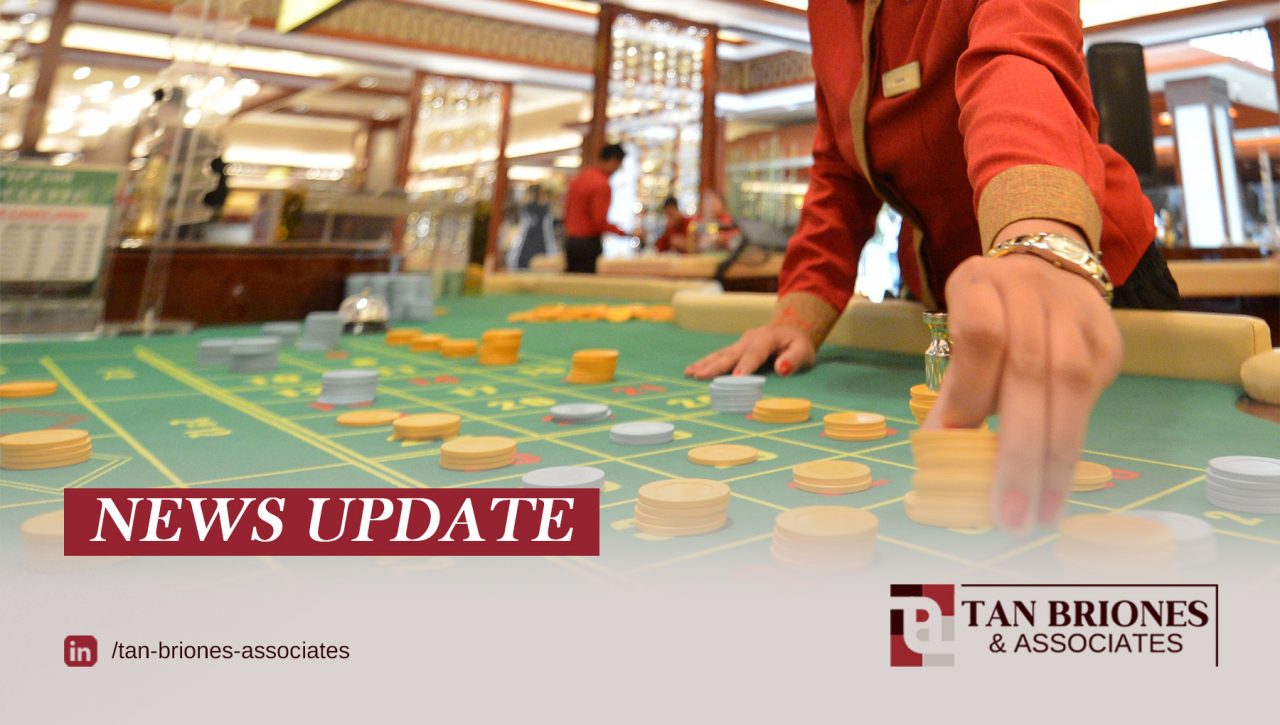
The Civil Service Commission (CSC) reiterated its warning to government employees and officials that gambling during office hours is strictly prohibited, stressing that even mere entry into casinos is banned under existing laws and regulations.
In an advisory issued on September 4, the CSC said engaging in gambling—including online betting, mobile gaming with wagering elements, or visiting land-based establishments—may constitute conduct prejudicial to the best interest of the service, which is punishable under civil service rules and other laws.
Meanwhile, CSC Assistant Commissioner Atty. Ariel Ronquillo on September 9 clarified in a televised interview that the prohibition extends beyond actual gambling, covering even mere presence inside casinos.
The reminder came as a Department of Public Works and Highways (DPWH) engineer, Brice Hernandez, was cited in contempt and later detained after allegedly lying about his casino visits during official proceedings.
“Bawal makita ang taong gobyerno sa loob ng casino. So in other words, pagdating sa casino, mere entry in the casino is prohibited,” Ronquillo said, adding that employees face sanctions even if they claim they were only observing or relaxing.
(Government personnel must not be seen inside casinos. In other words, when it comes to casinos, merely entering is prohibited.)
“Kapag ho merong ganyang complaint, pinapasagot naman po natin ‘yan at dumadaan po sa proseso ‘yan kasama na po ‘yung pag-issue ng formal charge, pag-conduct ng investigation and only after those steps do we impose the penalty,” Ronquillo furthered, emphasizing that due process is followed in such cases.
(If there is such a complaint, we require an answer and it goes through due process, which includes issuing a formal charge and conducting an investigation, and only after those steps do we impose the penalty.)
The prohibition draws legal basis from Republic Act No. 6713 (Code of Conduct and Ethical Standards for Public Officials and Employees), Executive Order No. 292 (Administrative Code of 1987), and the 2017 Rules on Administrative Cases in the Civil Service.
Specifically, under RA 6713, civil servants are required to refrain from acts “contrary to law, good morals, good customs, public policy, public order, public safety and public interest” (Sec. 4[c]). Penalties for violations may include fines equivalent to six months’ salary, suspension of up to one year, or removal from service, while breaches of Sections 7–9 carry up to five years’ imprisonment, fines up to ₱5,000, and possible disqualification from public office (Sec. 11).
In addition, EO 292 lists “gambling prohibited by law” as a ground for disciplinary action, extending beyond casinos to include jueteng, cockfighting, and other illegal games of chance.
Likewise, the 2017 Rules on Administrative Cases in the Civil Service classify “conduct prejudicial to the best interest of the service” as a grave offense punishable by suspension of six months and one day to one year for the first offense, and dismissal for the second offense.
The CSC advisory also clarified that the prohibition applies “regardless of whether the gambling activity is conducted within or outside government premises, and whether the platform used is legal or licensed.”
Follow Tan Briones & Associates on LinkedIn for more legal updates and law-related articles.







